Troubleshooting tips for Common Santa Fe Water Heater Problems
Maintaining a smoothly running household is essential, and a functioning water heater plays a vital role in our daily routines. However, encountering issues with your water heater can be inconvenient and disruptive. This guide aims to assist you in troubleshooting common water heater problems, allowing you to address them promptly and maintain a reliable water heating system. By following the troubleshooting tips provided, you can tackle these issues effectively, ensuring that your water heater continues to function reliably and avoiding any disruptions to your daily routine.
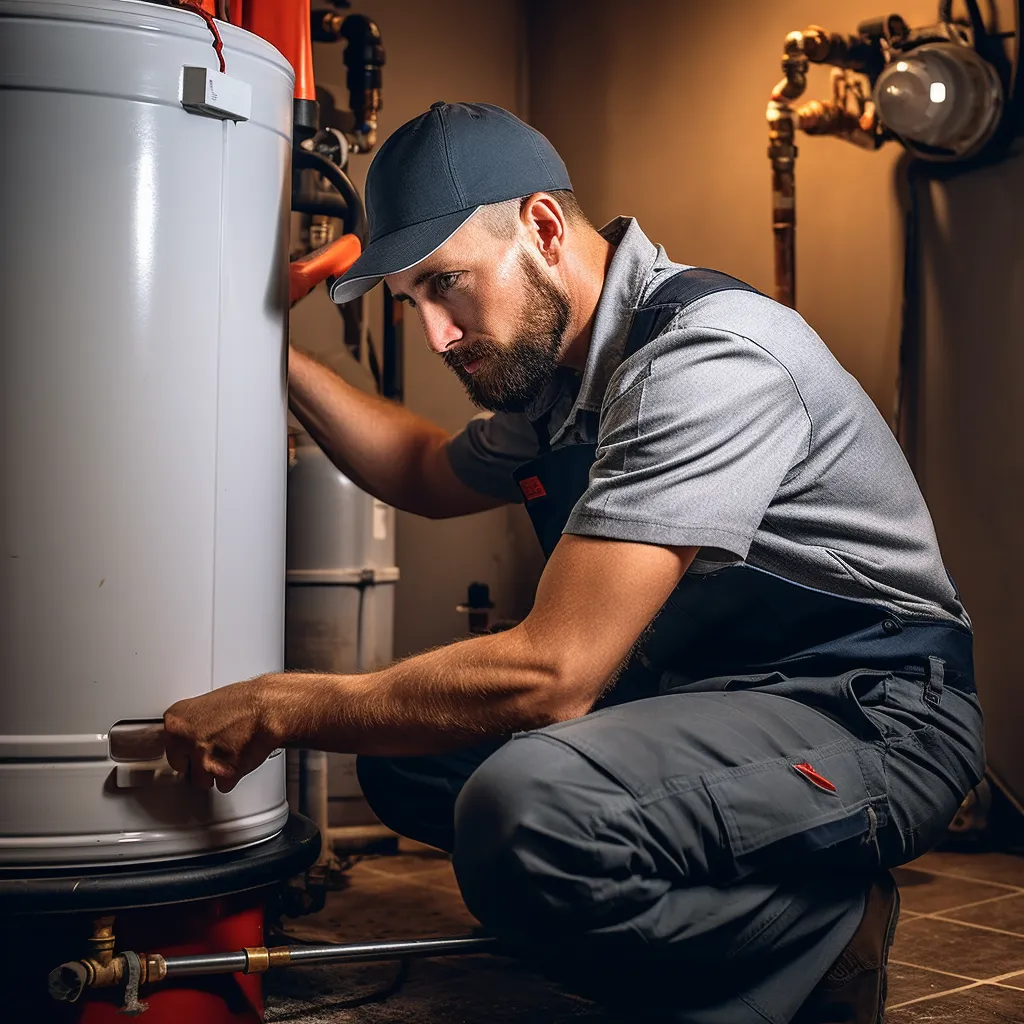
The tank is leaking
If you discover a leak in your water heater, it could be attributed to a faulty pressure relief valve or a corroded tank. Here are the steps you can take to address the issue:
Verify if the pressure relief valve is functioning correctly. If you notice any leakage or if it fails to release pressure as it should, it may require replacement. Refer to the manufacturer's instructions or seek professional assistance to ensure a proper replacement.
Conduct a thorough inspection of the water heater tank for any signs of corrosion, such as rust or deterioration. If you observe corrosion or damage, it is crucial to replace the tank promptly to prevent further leaks or potential failures.

The water is discolored
If you notice discolored water coming from your water heater, it may be a sign that flushing and descaling are necessary. Flushing involves draining the water heater tank to remove sediment and debris that can accumulate over time. Descaling, on the other hand, involves removing mineral buildup from the heating elements and internal components of the water heater.
Check the pressure relief valve for replacement if necessary.
Flush the water heater with a vinegar solution to remove sediment and mineral buildup.
Inspect the anode rod for corrosion and replace if needed.
Consider professional descaling treatment if the sediment buildup is severe.
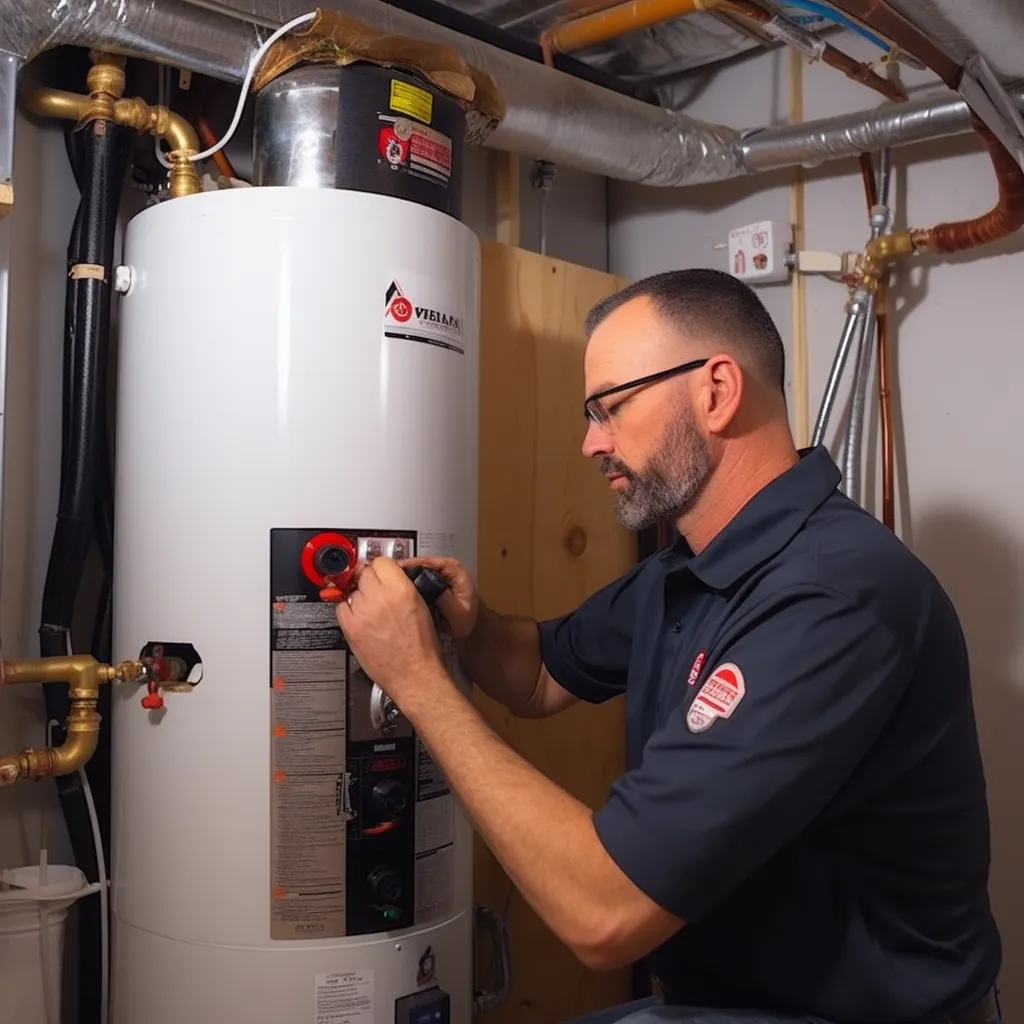
The water smells bad
When faced with tank problems in your water heater caused by bacteria buildup, follow these steps to address the issue:
Have a professional inspection: Contact a professional plumber or water heater specialist to inspect the tank and assess the extent of the bacteria buildup. They can provide expert advice on whether the tank needs to be replaced or if other measures can be taken.
Flush the water heater with vinegar solution: To reduce odors associated with bacteria, flush the water heater using a solution of white vinegar and water. This can help eliminate bacteria and improve the overall cleanliness of the tank. Follow the manufacturer's instructions or seek professional guidance for the proper flushing procedure.
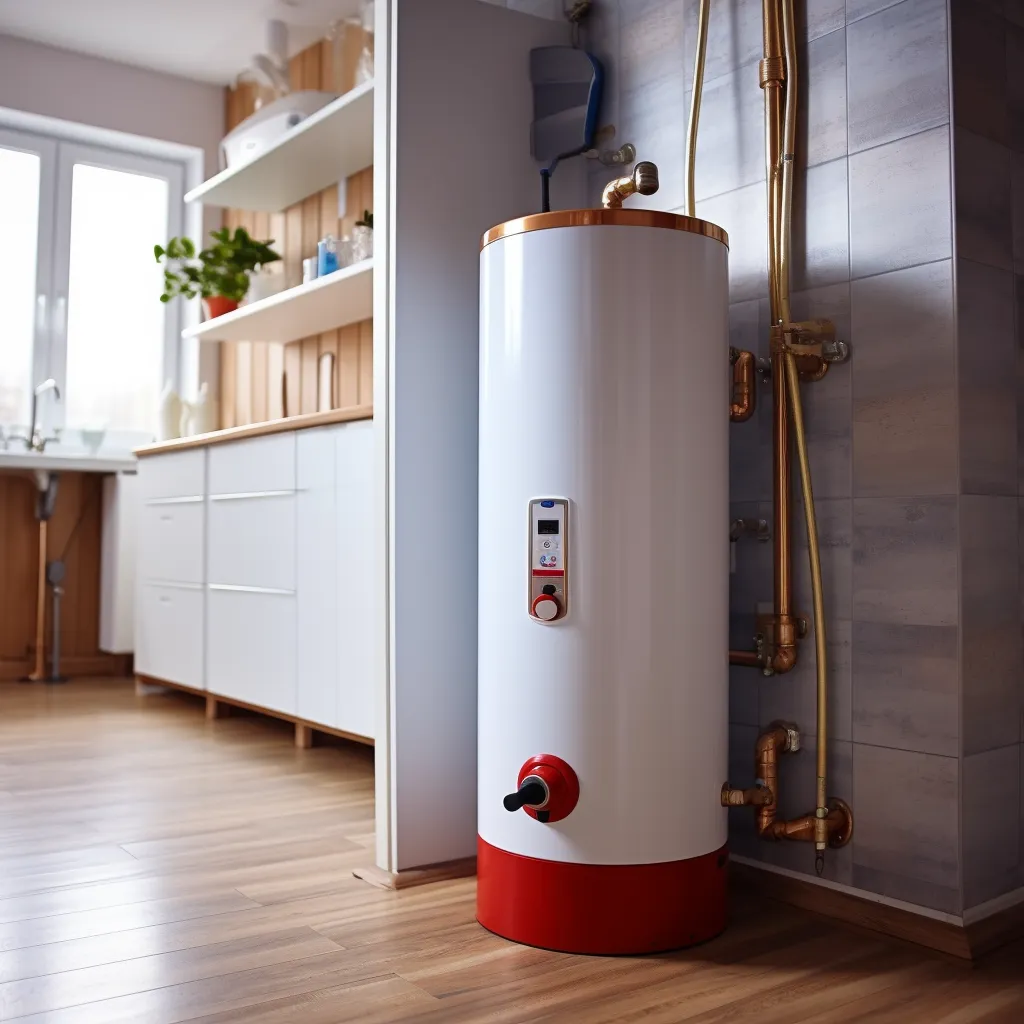
Noisy water heater
If you're hearing unusual noises from your water heater, it could be due to sediment buildup or loose parts. Here's how you can address these issues:
Flush your water heater: Regularly flushing your water heater helps control sediment buildup, which can contribute to noise issues. This involves draining the tank to remove any accumulated sediment. Follow the manufacturer's instructions or seek professional assistance to perform a proper flushing procedure.
Inspect internal components: Contact a licensed plumber to inspect all internal components of your water heater. They will ensure that all parts, such as valves, fittings, and pipes, are properly secured and tightened. Loose parts can cause rattling or banging noises. The plumber can make any necessary adjustments or repairs to resolve the issue.
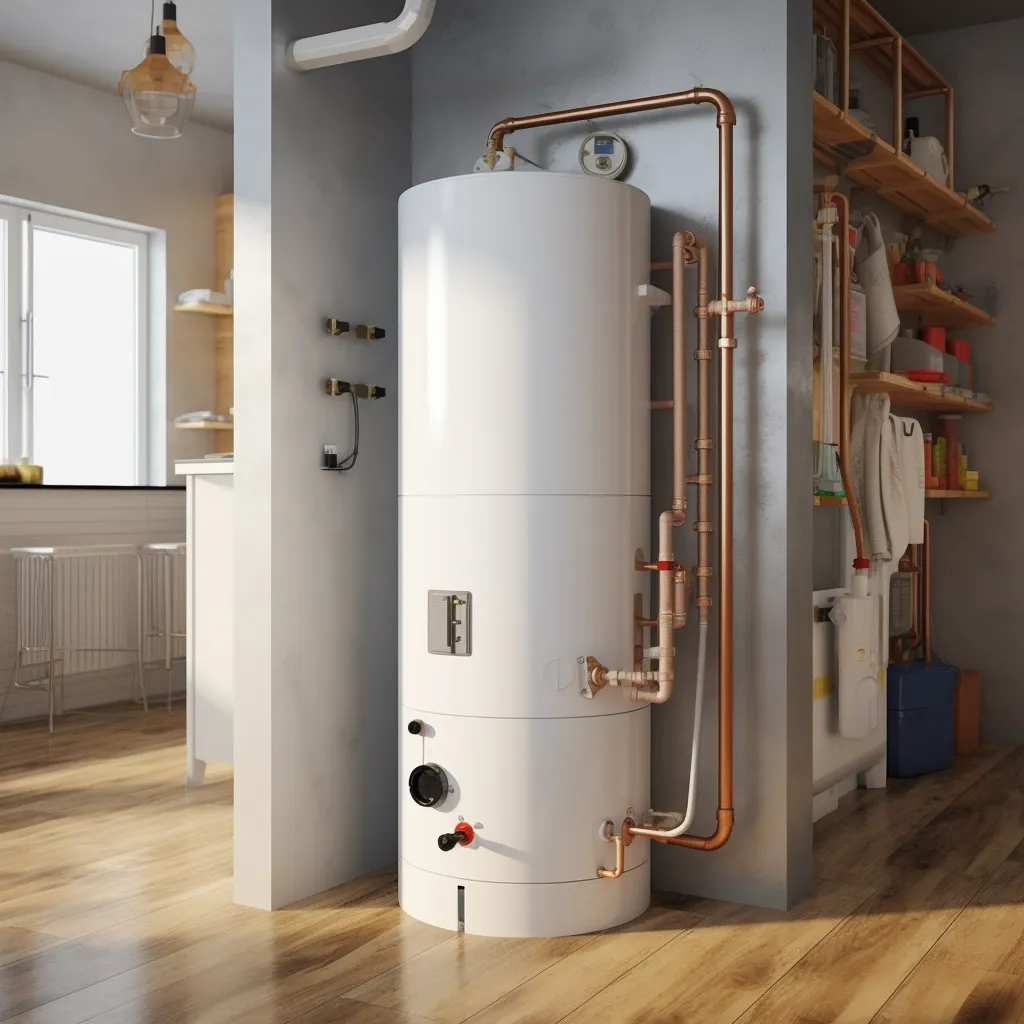
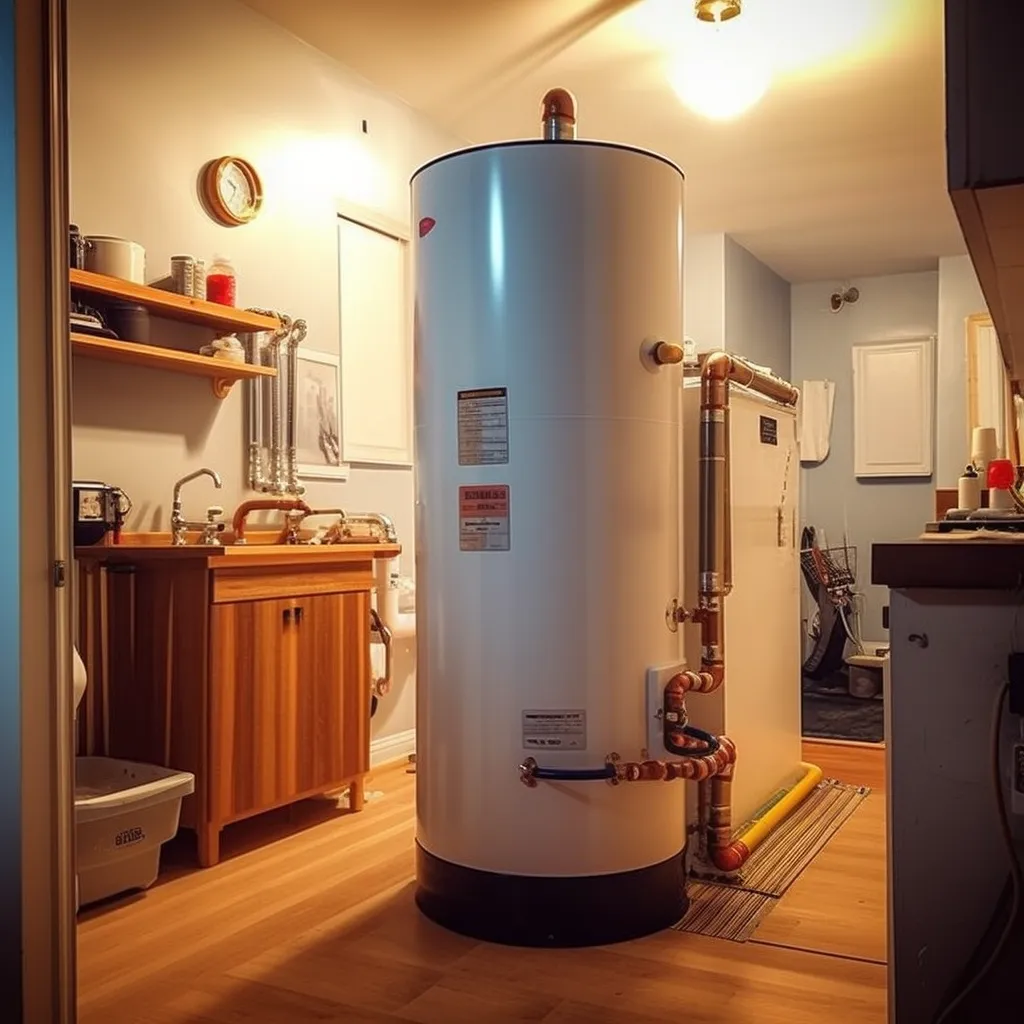
Tank takes a long time to reheat
If your tank water heater is taking an excessive amount of time to reheat, several factors could be causing the issue, such as a malfunctioning thermostat, an undersized tank, or mineral buildup. Here are steps you can take to address the problem:
Check the thermostat: Verify that the thermostat is set to the desired temperature and functioning properly. If it's not working correctly, consider replacing it with a new one.
Evaluate tank size: An undersized tank may struggle to meet your hot water demands. Consider upgrading to a larger capacity tank if necessary.
Flush the water heater: Mineral buildup in the tank can reduce heating efficiency. Flush the water heater to remove sediment and mineral deposits. Follow the manufacturer's instructions or seek professional assistance for the proper flushing procedure.
Insulate the tank: Proper insulation can help retain heat and improve heating efficiency. Consider insulating the tank or seek professional advice on insulation options.
Low hot water pressure
Low hot water pressure can be caused by a small hot water tank or a leaky plumbing system. To resolve this issue, consider the following steps:
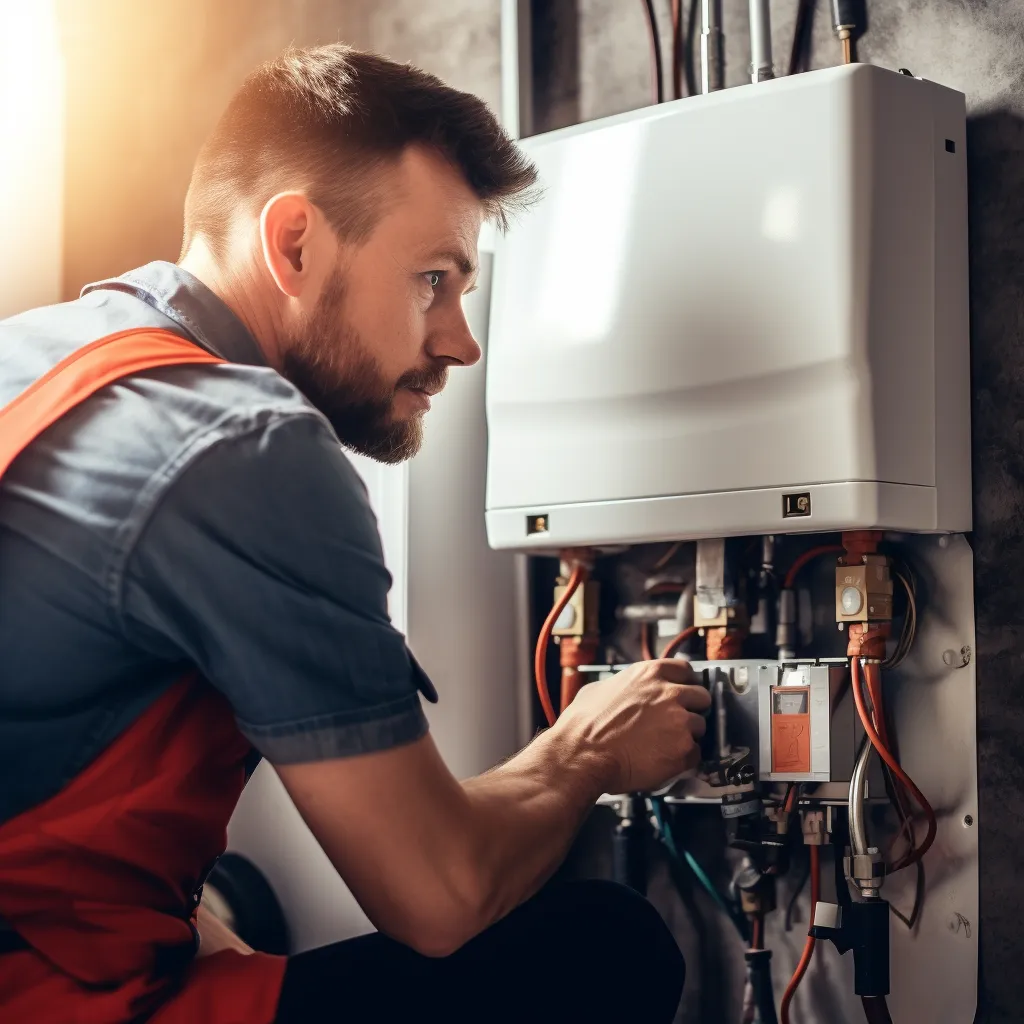
Evaluate the size of your hot water tank: Ensure that your hot water tank is appropriately sized to meet the hot water demands of all the outlets in your house. If it is undersized, consider upgrading to a larger tank to improve hot water pressure.
Have a professional plumber inspect your plumbing system for any leaks: Leaks can contribute to reduced hot water pressure. A qualified plumber can thoroughly inspect your plumbing system and detect any leaks. If any leaks are detected, they can be repaired to restore proper water flow.
Check the pressure relief valve: Verify that the pressure relief valve is functioning correctly. This valve is designed to release excess pressure from the tank. If it is not functioning properly, it may be causing low hot water pressure.
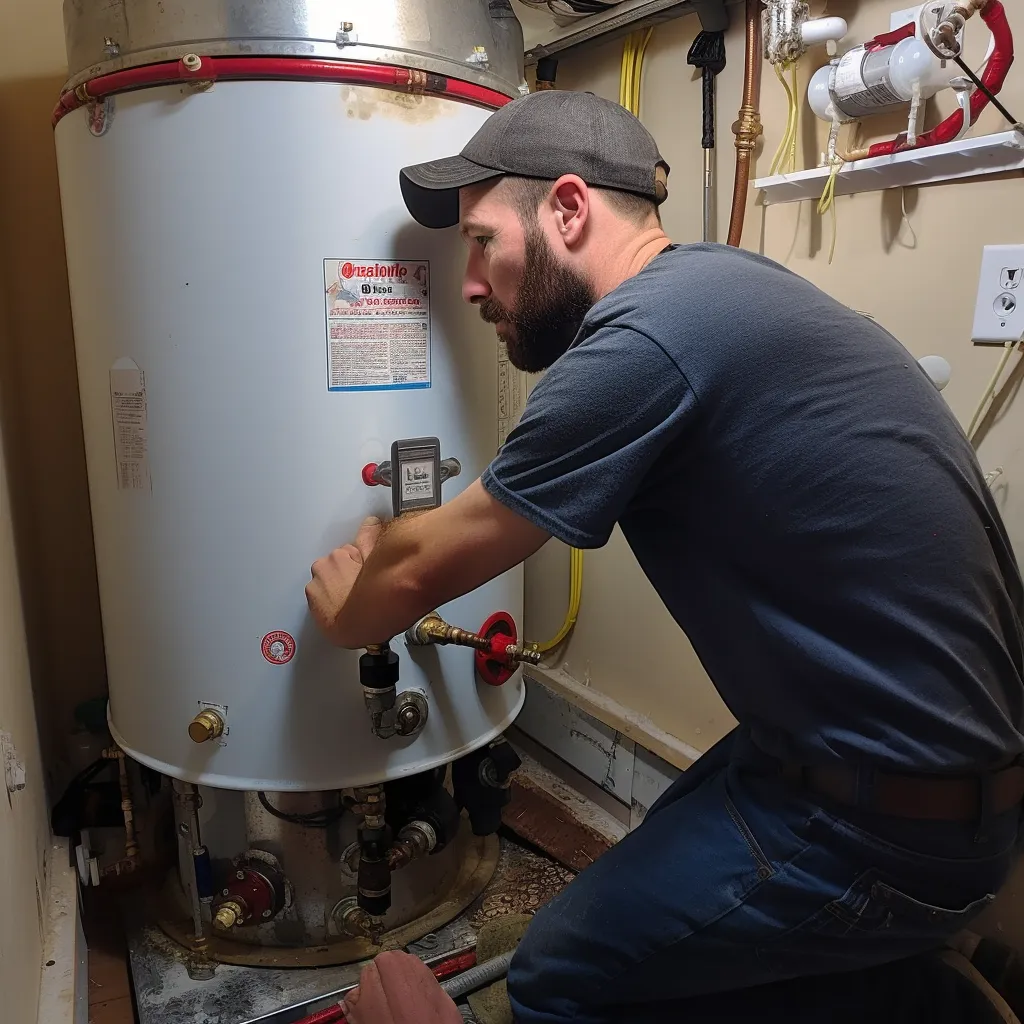
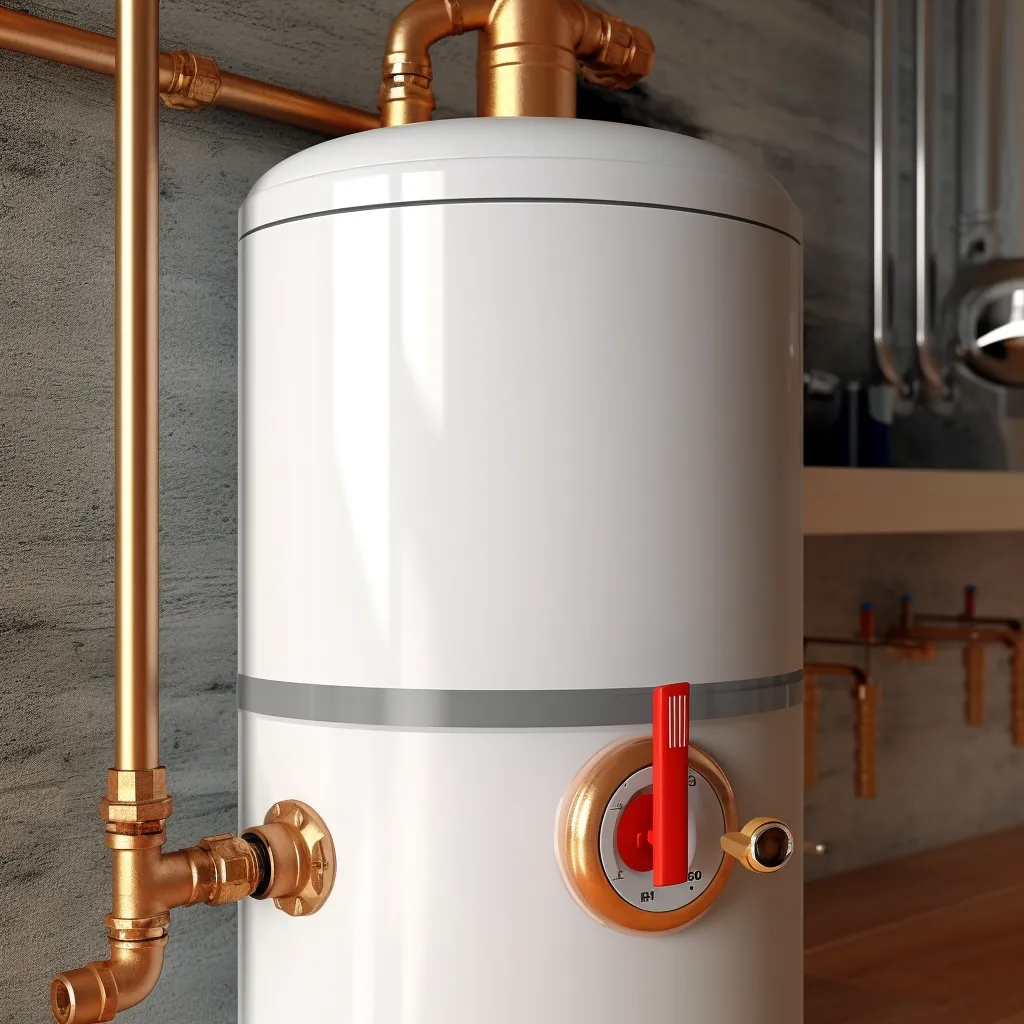
Low supply of hot water
If you're experiencing low hot water supply and quick temperature drop, there could be several causes to consider, including a malfunctioning thermostat, an undersized tank, or clogged pipes. To address the issue, try these troubleshooting tips:
Check thermostat functionality: Verify that your water heater's thermostat is working correctly. Ensure it is set to the desired temperature and that it accurately controls the heating element. If the thermostat is malfunctioning, consider replacing it with a new one.
Professional inspection and descaling: It is recommended to have a licensed professional inspect your water heater. They can diagnose any underlying issues, such as sediment buildup or a faulty heating element, and perform necessary maintenance, such as descaling, to improve hot water supply.
Consider upgrading to a larger tank: If your current water heater tank is unable to meet your hot water demands, it may be undersized. Upgrading to a larger tank can provide a higher capacity and ensure a sufficient supply of hot water.
Ways to prevent future water heater problems
To prevent future issues with your water heater, it is important to follow these preventive maintenance tips:
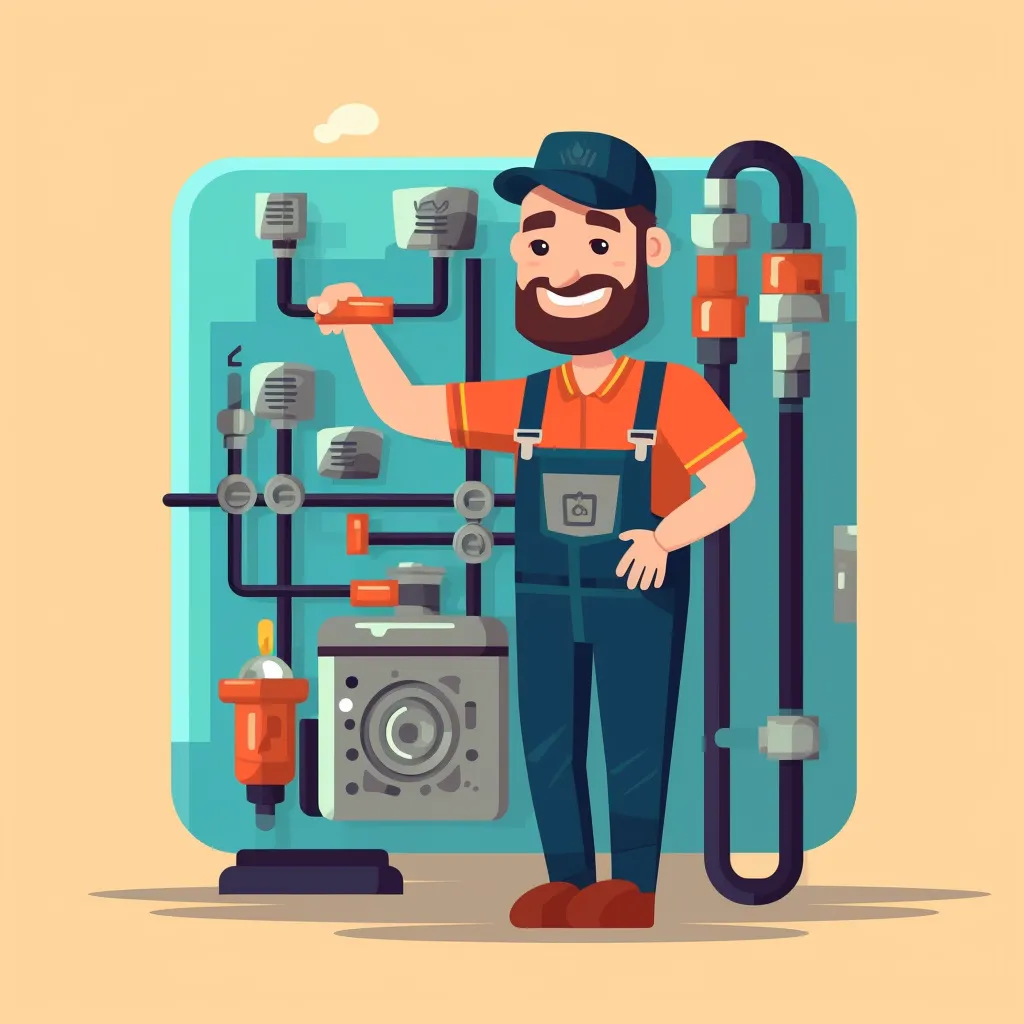
Regularly flush your water heater to remove sediment buildup.
Test the pressure relief valve annually to ensure it's functioning properly.
Insulate exposed hot water pipes to reduce heat loss.
Schedule regular maintenance checks with a licensed plumber.
Monitor water pressure and install a pressure-reducing valve if necessary.
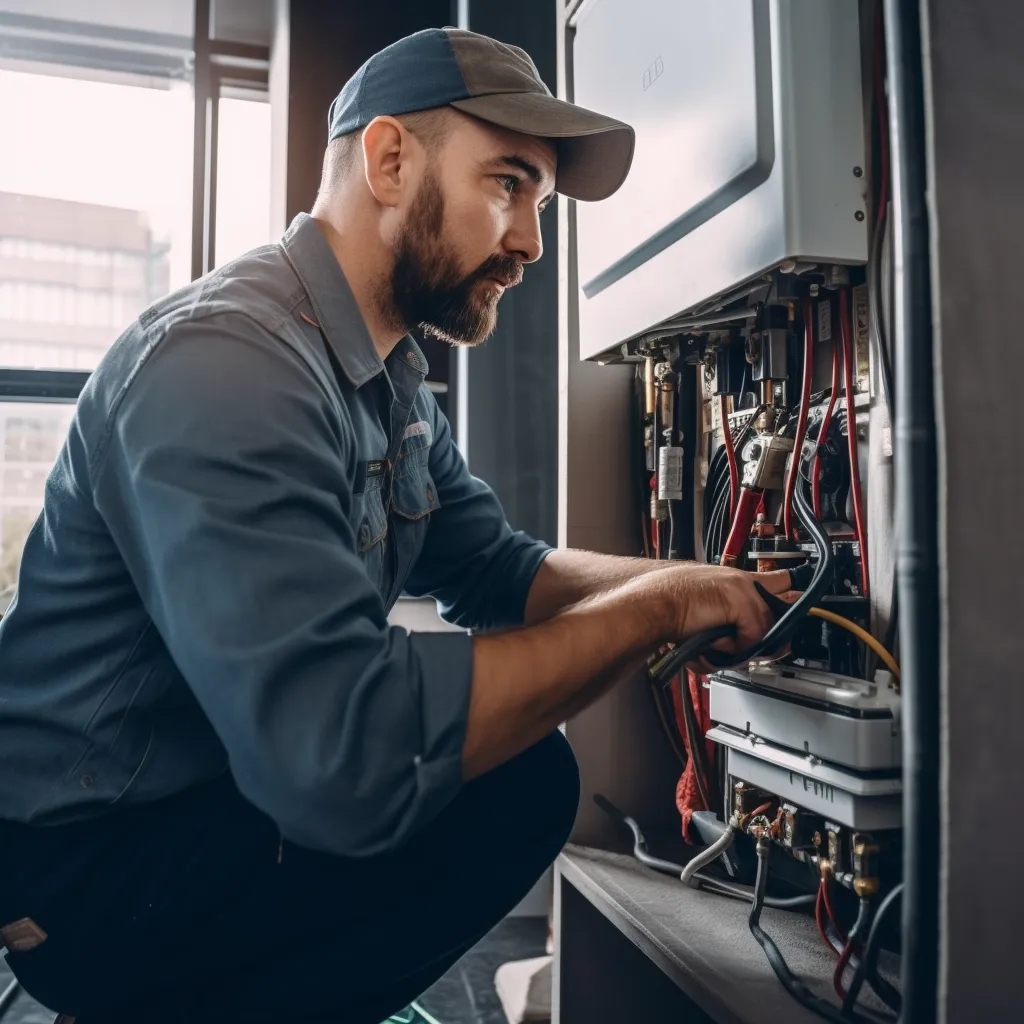
While it's always advisable to seek professional assistance for water heater repair and maintenance, following these basic steps can help you maintain your water heater and prevent potential issues.
Know when to call
in a licensed plumber
While it's advisable to seek professional assistance for any repair or maintenance tasks you're unsure about, following these basic steps can help you maintain your water heater effectively and prevent potential problems:
What to look for in a licensed plumber
When choosing a licensed plumber, it's crucial to conduct comprehensive research and take into account the following factors:
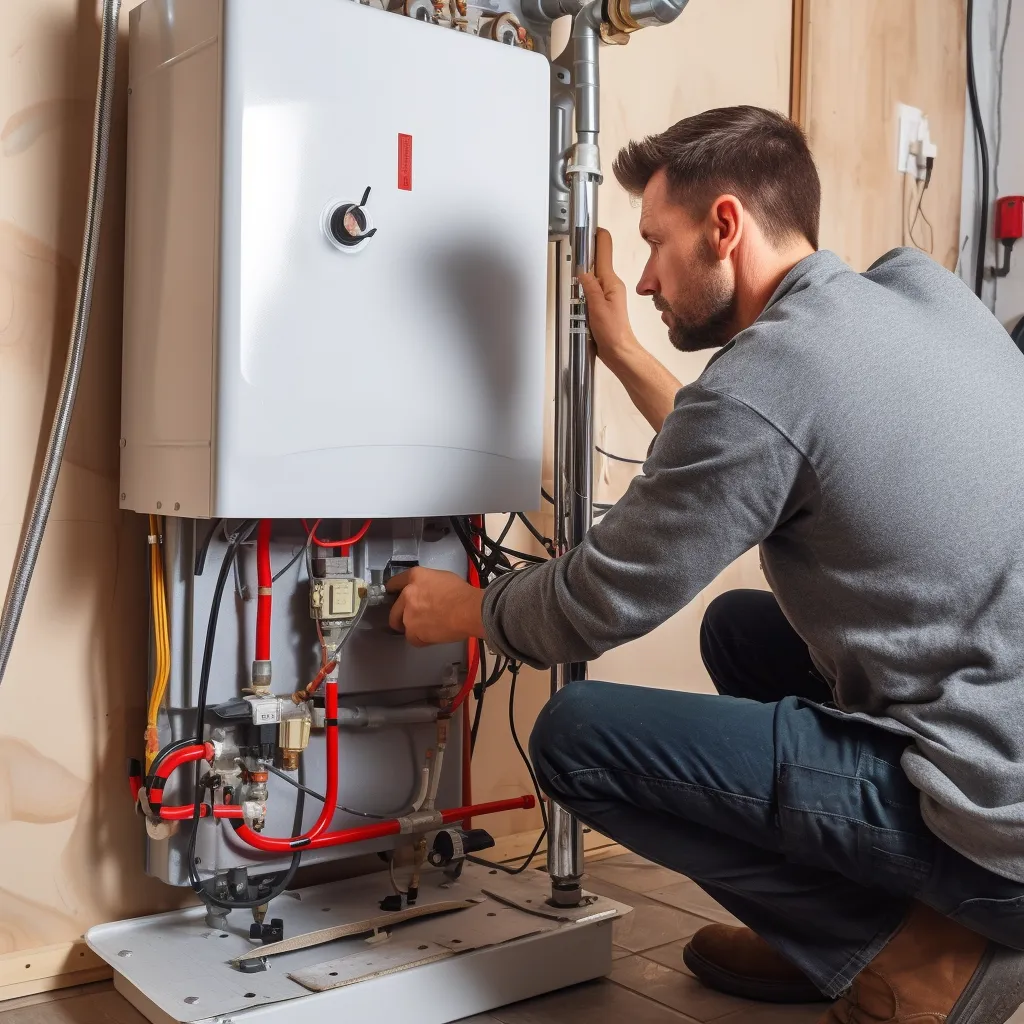
Make sure the plumber is properly licensed and certified to work on water heaters in your area.
Look for a plumber who has a lot of experience with water heater repair and replacement.
Read online reviews and ask for recommendations to find a plumber with a good reputation.
Make sure the plumber has insurance to cover any accidents or damage that may occur during the job.
Find a plumber who is responsive and can work around your schedule.
Ask about any warranties or guarantees the plumber offers for their work.
Consider plumbers who offer maintenance plans or safety inspections for your water heater.
Reach out to an experienced professional
When facing issues with your water heater, it's recommended to consult a licensed plumber for a reliable and lasting solution. They can inspect the unit and provide effective recommendations. By following these suggestions, you can address water heater problems and maintain a smoothly running household. If you need further assistance or advice, reach out to an experienced plumber who can assess your water heater and offer solutions to restore its functionality.
Contact Us
GET IN FULL TOUCH
PHONE: (505) 448-0742
EMAIL:
patrick@santafewaterheater.com
Baca Specialty Services, Heating and Cooling HVAC
Sante Fe, NM 87508

